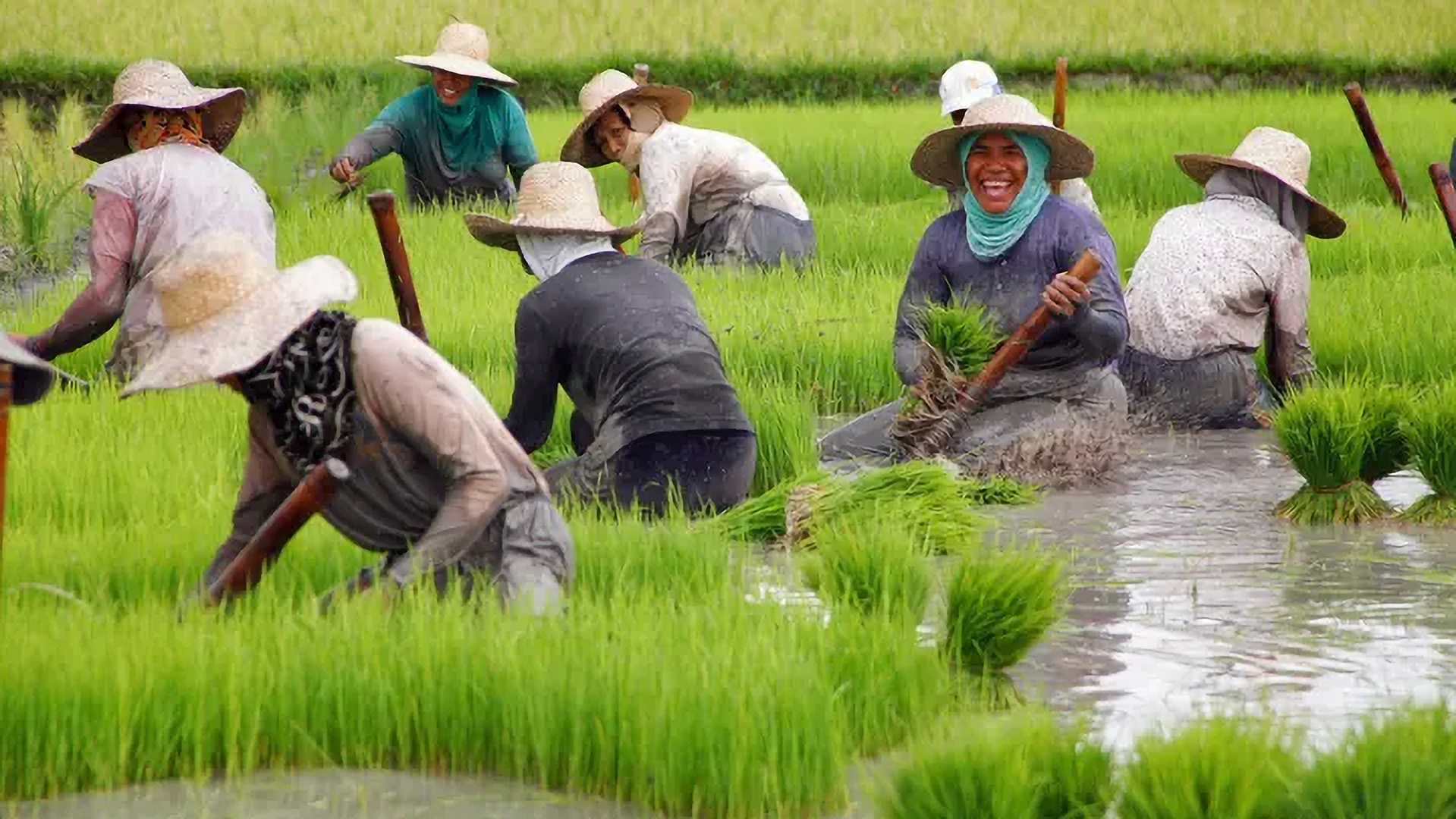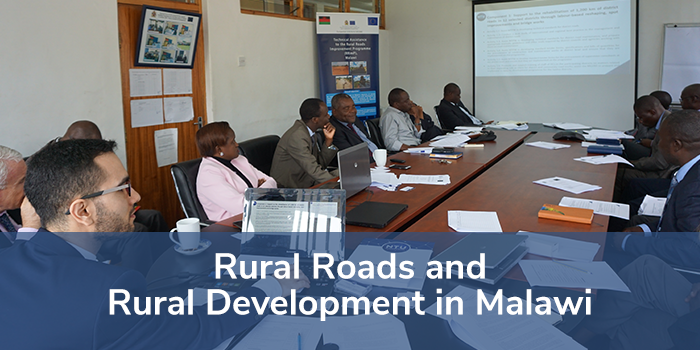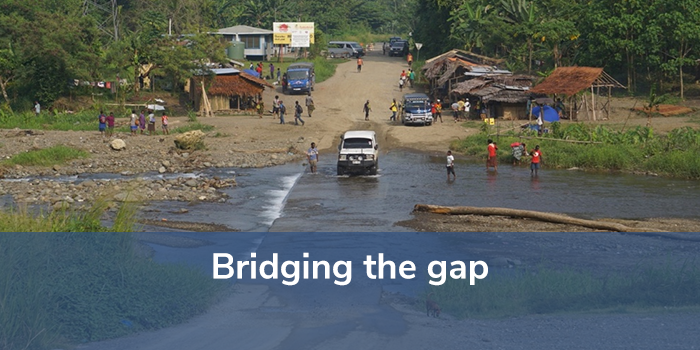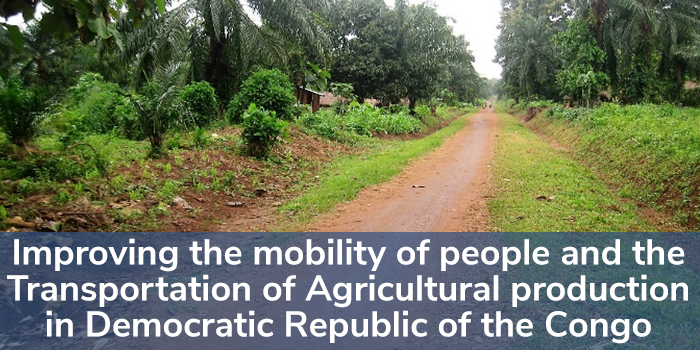SECTOR:
Agriculture & Rural Development
Rural development allows for the improvement of rural communities’ quality of life and prevents depopulation of regions affected by rural exodus. Economic stability achieved through actions within the rural areas and driven by agriculture is fundamental for the growth of a nation.
Developing countries are increasingly confronted to the following challenges related to agriculture and rural development:
- Reducing poverty through rural development strategies and supporting the main driving forces for economic growth and social development in rural areas.
- Enhancing food security.
- Enhancing agricultural productivity and farmer’s incomes.
- Developing infrastructure and access to water.
- Improving sustainable access to unconnected areas and markets.
- Implementing efficient agrarian reforms.
- Establishing early warning systems for monitoring food supply and weather insurance schemes for farmers.
- Diversifying agricultural production systems.
- Promoting sustainable agriculture.
- Reducing the environmental impact of agricultural production.
Thus, it is extremely important to improve the efficiency of resource use, develop infrastructure that fosters stronger links between farmers and markets, promote R&D in the sector, and reduce the environmental impact of agriculture activities.
Agriculture & Rural Development facts
- Most farmers in the developing world are smallholders.
- Agricultural development is one of the most powerful tools to end extreme poverty and to feed a projected 9.7 billion people by 2050: growth in the agriculture sector is two to four times more effective in raising incomes among the poorest compared to other sectors.
- The current food system threatens the health of people and the planet: agriculture accounts for 70 percent of water use and generates unsustainable levels of pollution and waste. 1/3 of food produced globally is either lost or wasted.

NTU’s involvement in agriculture and rural development
NTU offers technical expertise in this field, keeping in mind that sustainability is a key instrument to increase the welfare of civil society. We are involved in projects which embrace targeted agriculture and rural development concepts and create solutions not only in business terms, but also at the population level. NTU’s operations also support in improving the productivity in the agricultural and rural context and in promoting civil rights and equality. The main issues approached are, among others, access to rural transport infrastructure, access to water and irrigation, poverty reduction, food security and nutrition for vulnerable rural households, strengthening of water supply and sanitation management and planning capacities, development of sustainable aquaculture, and improvement of living conditions in rural areas.
NTU’s services in agriculture and rural development comprise of: data collection and situational analysis of the agriculture and rural development sector; review and sharing of best practices in the field; development and implementation of sustainable agriculture and rural development strategies, policies, and programmes; rural development planning and coordination; support in rural investments; capacity strengthening of agriculture and rural development institutions; capacity strengthening of local communities in rural development and improved agricultural production; support in integrating the notion of gender in food and nutrition security; procurement, construction and supervision of irrigation schemes; support in infrastructure design, construction, supervision, maintenance and rehabilitation for input supplies, agricultural production and general rural accessibility; etc.
NTU, through its projects in Agriculture and Rural Development, contributes to achieving the following SDGs:









